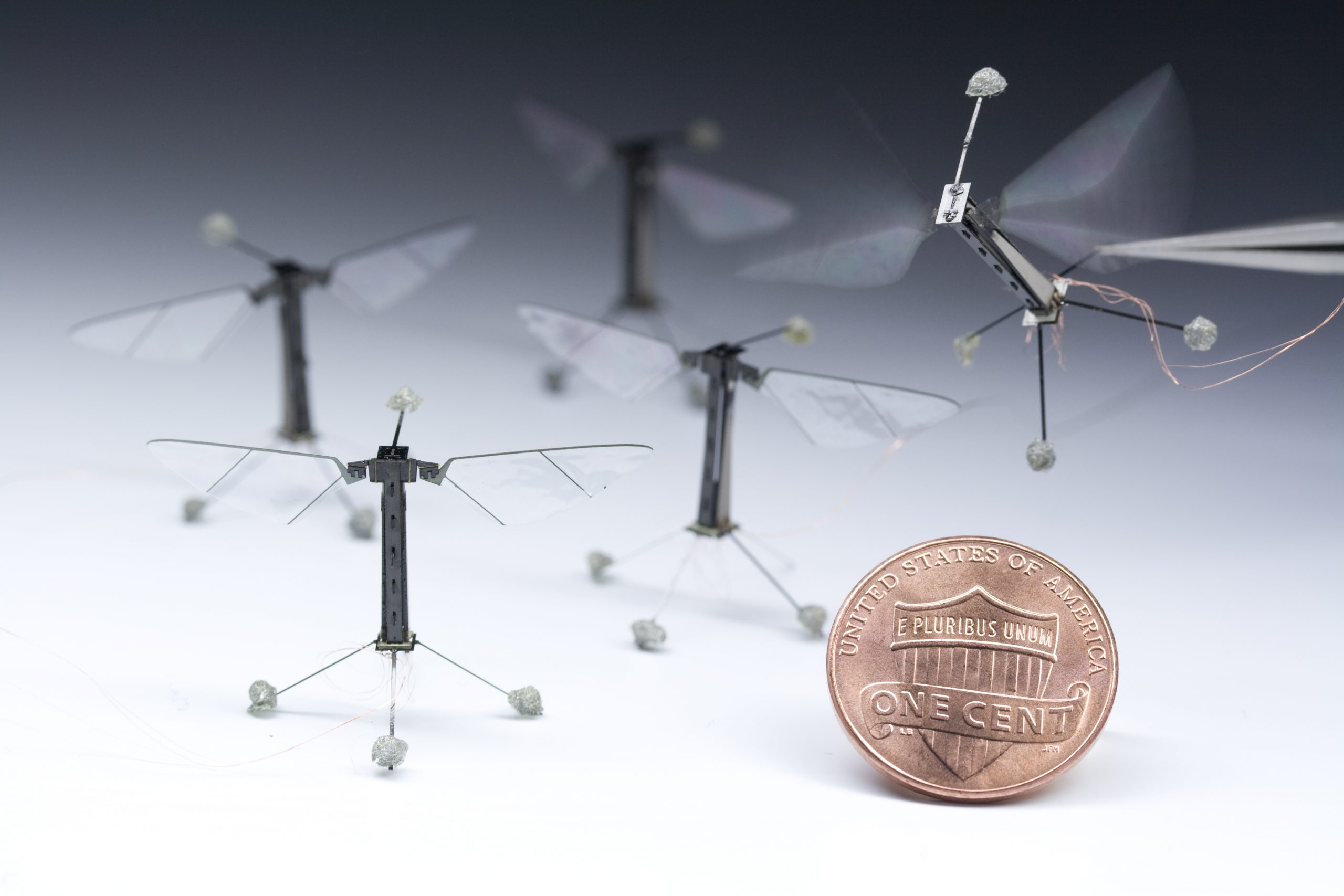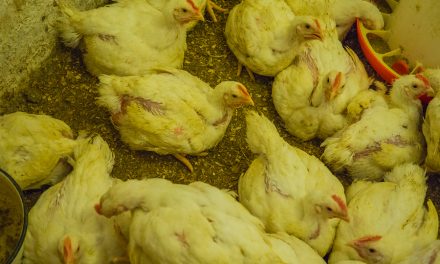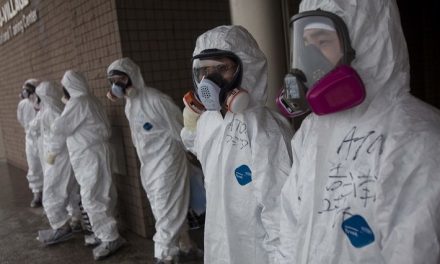As honeybees continue to die at unprecedented rates, due to colony collapse disorder (CCD- or what we know as environmental poisons), this past June the White House gave a new task force 180 days to devise a coping strategy to protect bees and other pollinators. In fact, as we reported last week and today, the US Fish and Wildlife Service has placed some bees on the endangered species list.
But some other scientists are looking for another way to help: by replacing bees.
From the article:
“Last year, Harvard University researchers led by engineering professor Robert Wood introduced the first RoboBees, bee-size robots with the ability to lift off the ground and hover midair when tethered to a power supply. The details were published in the journal Science. A coauthor of that report, Harvard graduate student and mechanical engineer Kevin Ma, tells Business Insider that the team is “on the eve of the next big development.” Says Ma: “The robot can now carry more weight.”
The team believes that in 10 years or less these RoboBees could artificially pollinate a field of crops; should the commercial pollination industry not recover from what has happened this would be critical to us. However, Robobees aren’t a viable option yet. To truly work FOR us they would need to be able to fly on their own and talk to each other like real bees do.
More from the article:
“The White House underscored what’s at stake, noting that the loss of bees and other species “requires immediate attention to ensure the sustainability of our food production systems, avoid additional economic impact on the agricultural sector, and protect the health of the environment.” Honeybees alone contribute more than $15 billion in value to U.S. agricultural crops each year.”
The dream, as researchers see it, would be to have them working in swarms of thousands, coordinating their actions without a leader.
We shall see.
Thankfully while researchers are excited about using this technology to its fullest potential, they do NOT see Robobees replacing natural pollinators forever. Rather, they understand the importance of saving these amazing and vital creatures and want this project to be able to simply fill in the gaps while a solution for CCD is found (stop using insecticides and pesticides that kill them, maybe?).
To read the interview between Business Insider and Harvard’s Kevin Ma, click here and scroll towards the bottom of the article.
Source: Business Insider












